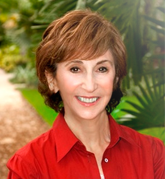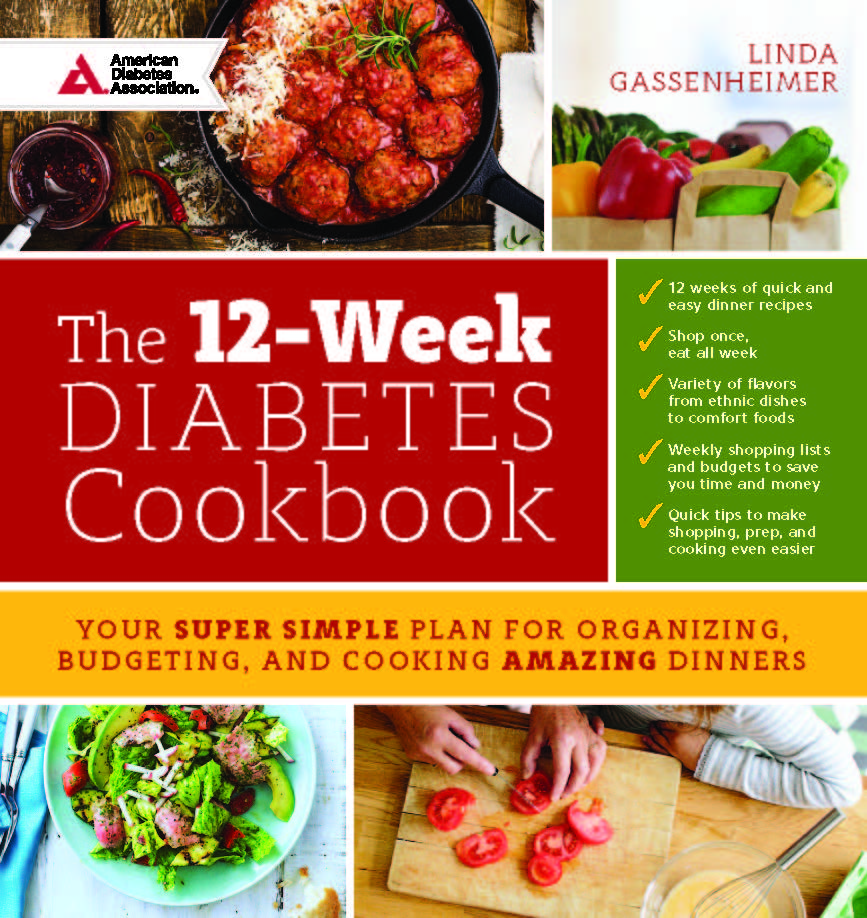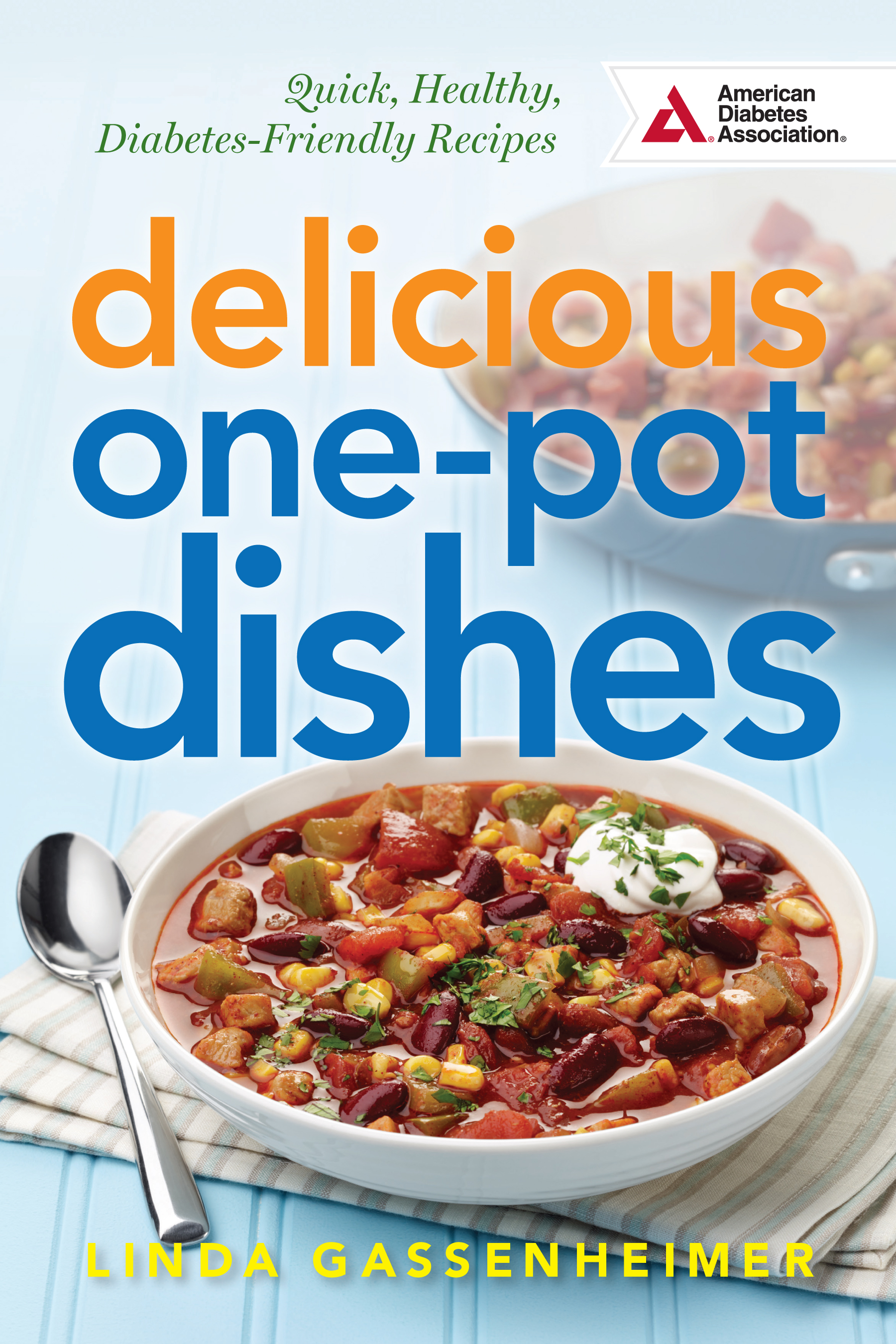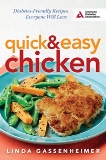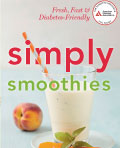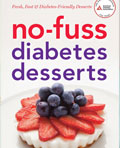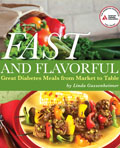Food News and Views April 10, 2008
Food and Dining Radio Show – 4.10.08
Linda Gassenheimer (LG)
Joseph Cooper (JC)
Fred Tasker (FT)
Lynnee Rossetto Kasper (LK)
LG: Today we have a special guest who is also a good friend. Her name is Lynne Rossetto Kasper she has a new book out, How to Eat Supper. Lynne is also the host of The Splendid Table. Lynne welcome, it’s a delight to have you with us.
LK: Thank you.
LG: Also in his usual seat is Fred Tasker. We all know he is the Wine Columnist for the Miami Herald and he writes the wine suggestions for my dinner in minutes. Lynne, many congratulations on your new book. You gave me the best advice once. You said “follow your passion and create something you love.” You certainly are doing that.
LK: It has been a progression. That first book came out in 1992 and it led to the show. It’s interesting the way these things begin. In ’93 the book got some wonderful awards.
LG: Major awards.
LK: I was pretty stunned. The James Beard awards came after it had won at the IACP awards. When they announced it I was frozen in my seat. I couldn’t believe it. My husband was sitting next to me and he whispered, “get up there!”
LG: The ICP is the International Association of Culinary Professionals.
LK: What happened after that was that I did an interview on NPR and got a phone call from someone who said, “my name is Sally Swift, I work in public radio and I think you would do a great show on radio.” At that point a lot of people on television were approaching me for a TV show. And I thought they were going to just talk recipes. So Sally I got together and I was anticipating a show just about cooking. But it turned out we had the same vision. But I had gotten cynical so I said, “you make it happen and I’ll show up”…and she did!
LG: That is so interesting.
LK: Because it was Sally, Minnesota Public Radio gave us a shot. But the point of all of this is that rarely, in commercial media, rarely shows get a chance to find their sea legs. I was a real newbie but they had faith and supported us. That is so representative of what the pledged money goes with public radio: to creating new concepts.
LG: That is wonderful.
LK: It takes them some time to get rolling and find their voices. And as you know we look at food from every imaginable angle.
LG: Do you tape some of your shows?
LK: Originally we went out live and we would come in every Saturday with bagels and go out live. One day it occurred to us that other shows were taping and we could tape ahead and actually have a weekend! So now the show is put together on Thursday and then it goes out on Friday morning to all the stations around the country and they play it at different times and days.
JC: So you can cut out certain callers.
LK: You can call us 24 hours a day and there’s an answering machine. Because every station plays it at different times we couldn’t do it live. So someone listens to all of those calls and they’ll call back maybe 10 people and say, “if you want to talk to Lynne call at this time and we’ll take your call.” And then people might call or might not. So when the show is put together our technical director and Sally piece it together.
LG: That’s so fascinating. Many people wonder about that.
LK: I would love to be sitting at the phone 24 hours a day but I can’t [laughing].
LG: Let’s get back to the book How To Eat Supper. That’s an intriguing title. What does it mean?
LK: When we declare how to eat supper we’re saying two things. It’s a book of recipes and techniques. We hope it’ll make life easier for people. It’s also about the world that surrounds food. We’re essentially tracking what we’ve seen evolve over the last 12 years. We are approaching food so differently today than 12 years ago. We find it more pleasurable, we’re more engaged in the politics of food, and we’re interested in where it comes from…in the US today, food is a part of a lexicon about you.
LG: Lynne is the host of The Splendid Table and her new book is How To Eat Supper. We’ll take a short break and be right back.
[break]
LG: And we’re back. I’m Linda Gassenheimer and we’re talking with Lynne Rossetto Kasper about her new book How To Eat Supper. She’s co-authored it with her producer Sally Swift. Lynne, every week we have a dinner in minutes segment on our program. In honor of you we’re eating Italian. It’s chicken parmesan with basil linguine. If you want the recipe you can find it on my website. You want to use very good Parmigiano Reggiano cheese on top.
JC: This is really good.
LK: What wine would you serve with this?
LG: We’re going to hear that in a minute. But first let me tell you about the side dish. The linguine is made with really good olive oil. Lynne, what’s your favorite olive oil?
LK: You’re going to be surprised, but my favorite is from New Zealand.
LG: You’re giving up your Italian roots?!
LK: No, no…but this time of year isn’t the best to buy olive oil from Italy. And I’m talking about splurge oil now. But since the seasons are backwards down there I buy from there this time of year. It’s lush and green and fruity.
LG: When you’re just going to have some fresh pasta and you’re going to put some oil on it you want to use the splurge oil. You can have this on the table in less than 20 minutes. Now Fred, what are we drinking?
FT: I have a very good wine in honor of Lynne’s Emilia Romagna roots. In the center of that region is the city of Bologna. I lived abroad there during college and gained at least 20 pounds. The most important wine is good old Lambrusco. When I was a poverty-stricken student my friends and I would take our jug and they’d charge us 100 Lire, which is 40 cents, to fill it up. It’s a heppy red semi-sparkling wine. If you taste it here you haven’t tasted it because they make it sweeter for Americans. In Bologna it’s dry. It’s wonderful with different pastas. When Hurricane Andrew hit Miami they put their soldiers in air-conditioned tents and I went down to do a story. I asked a soldier and he showed me a refrigerator full of Lambrusco. [laughing]
LK: The thing about it is that’s delicious over there and it’s really great with all of those cured pork products. It cuts the richness.
FT: We ate in the working class restaurants there.
LK: It would be great with barbeque pork.
JC: I’m in.
FT: I never thought about that. I’ll have to try that.
LG: Fred talked about how it’s better to drink the wine there. A lot of people want to go to Italy and not be tourists. What suggestions have you got?
LK: There’s a wonderful book called Italy for the Gourmet Traveler. It talks about the culinary culture as well as the restaurants. It tells you about farmers’ markets, farms that take guests and make meals… The other thing is, get a car and get lost. After you visit the big cities, if you really want to immerse yourself in Italian life, get in a car. You want to go to Parma and Bologna. That’s what I’d do. Allow yourself to get lost and time to explore. Don’t book every minute.
LG: The dollar isn’t great these days. Any tips for affording it?
LK: Go to the markets and ask the people there, “where do you suggest I go for lunch?” I really want to eat where you eat. And if you go to the morning market people will come up with simple, inexpensive places to eat.
LG: Whenever I travel I always go to the market. You get a great feel for the town and what people are eating.
FT: When you study up it makes the trip a lot more fun.
LK: Exactly. I’m coming to Miami in April. If I have a couple of hours free, where should I not miss?
JC: In Coral Gables?
LG: Well let’s let everyone know that you’ll be at Books and Books that weekend. I’m sure a lot of people would want to say hello.
FT: I would recommend Versailles. It’s a fabulous Cuban restaurant.
JC: You couldn’t go wrong with Joe’s Stone Crab.
LG: Versailles is where politics happen in Miami.
LG: Islas Canarias is another one in that area.
LG: Lynne, can we go back to Italy? I’ve always loved how regional cooking exists in Italy. Has this food scene changed in Italy?
LK: Yeah, in fact we celebrated our tenth anniversary there to see what had happened. Like everything else globalization has happened. Previously, from one region to another, the food would change, the people would change…but it’s changed to the point where balsamic vinegar is being made in Newark New Jersey and there’s many fewer people making homemade pasta in Emilia Romagna. But people are still fiercely proud of their local traditions.
LG: Unfortunately we’re out of time. Thank you so much for joining us. Lynne Rossetto Kasper’s new book out is How to Eat Supper. I’m Linda Gassenheimer. Join us next week.








